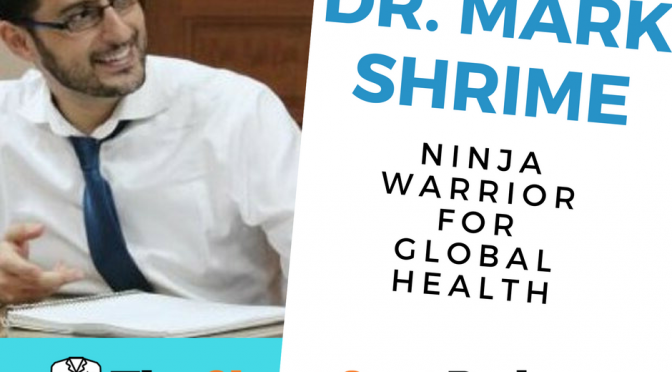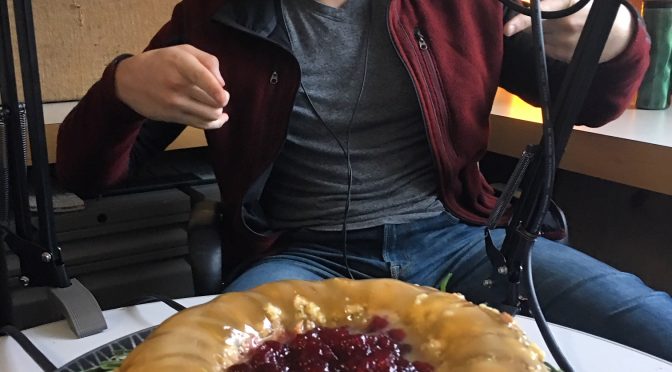Podcast: Play in new window | Download (Duration: 57:19 — 78.7MB)
Subscribe: Spotify | RSS | More
There is nothing to fear but fear itself.


Kylie Miller and Issac Schwantes take a break from their fairly new clinical duties to let Gabe Conley and Erik Kneller know how it’s going working with actual patients. What unexpected things have they learned? Were their professors really correct when the said that arcane bit of information would actually be useful in the real world? Were their fears (whatever they were) realized? Would they rather grandma puke every time they broke wind, or have a shingles outbreak whenever they get a passing grade or better in medical school? Dave assures them: these are the questions listeners want answers to.
This Week in Medical News
The nation’s largest health insurer, Aetna, wants patients to diagnose themselves and risk huge ER bills if they get it wrong. We recap the work of our own Sarah Ziegenhorn and her non-profit Iowa Harm Reduction Coalition, which is on the forefront of needle exchange efforts in Iowa. The DEA is relaxing rules that prevented many healthcare workers from prescribing treatment to opioid addiction sufferers. And we look at the tiny, cute robots that may one day crawl, tumble, and wiggle around your insides like an over-active inchworm.
We Want to Hear From You
What are your fears for starting the next phase of your education? Call us at 347-SHORTCT anytime, visit our Facebook group, or email theshortcoats@gmail.com.
Continue reading Tales from the Clinic: from Theory to Practice



 During Human Rights Week at the Carver College of Medicine, we heard some hard truths from national news commentator, human rights activist,
During Human Rights Week at the Carver College of Medicine, we heard some hard truths from national news commentator, human rights activist, 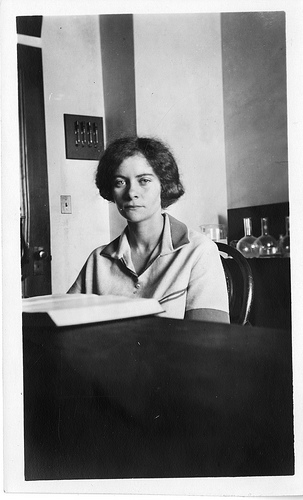


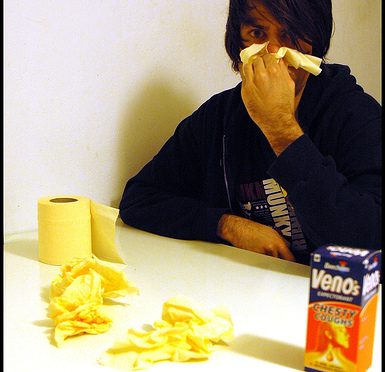
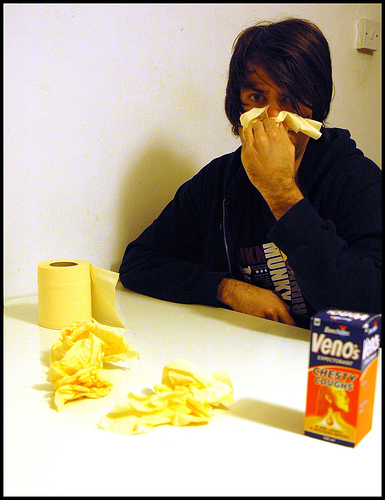


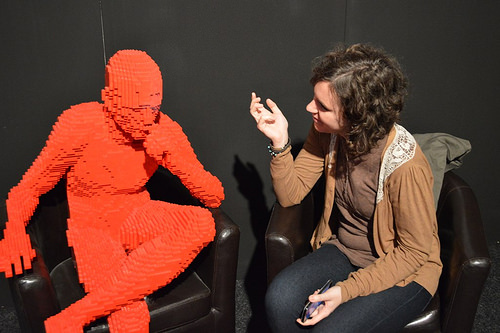
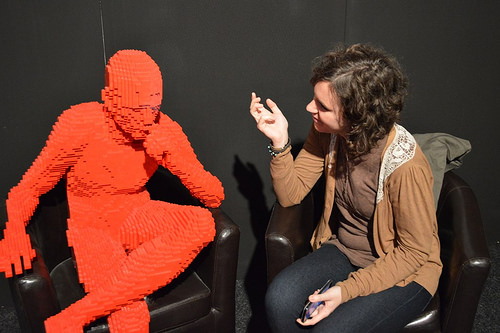
 Dave found himself hosting with another group of women, so what better time to talk about #MeToo and the powerful people being taken down by their sexual harassment and abuse of their less-powerful victims? Erin Pazaski, Hillary O’Brien, Laura Quast, and Liza Mann weigh in on why this seems to have staying power in the news cycle, and why it seems to destroy some powerful men and not others. Plus, since this is a group of friends who, through med school, have come to know each other well, Dave challenges each to answer questions as their friends would.
Dave found himself hosting with another group of women, so what better time to talk about #MeToo and the powerful people being taken down by their sexual harassment and abuse of their less-powerful victims? Erin Pazaski, Hillary O’Brien, Laura Quast, and Liza Mann weigh in on why this seems to have staying power in the news cycle, and why it seems to destroy some powerful men and not others. Plus, since this is a group of friends who, through med school, have come to know each other well, Dave challenges each to answer questions as their friends would.